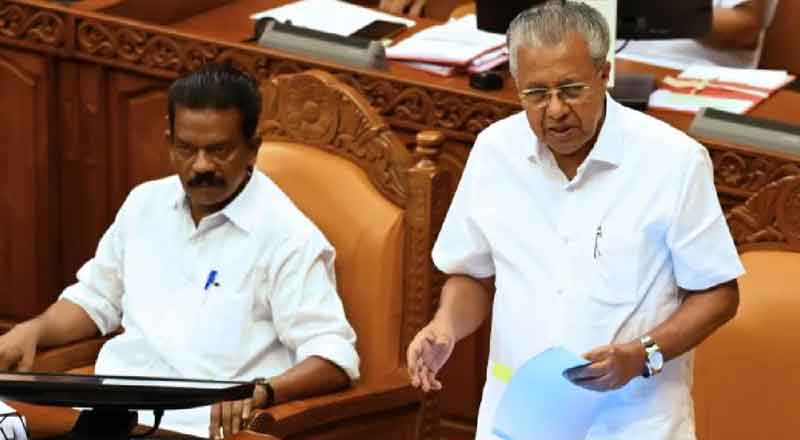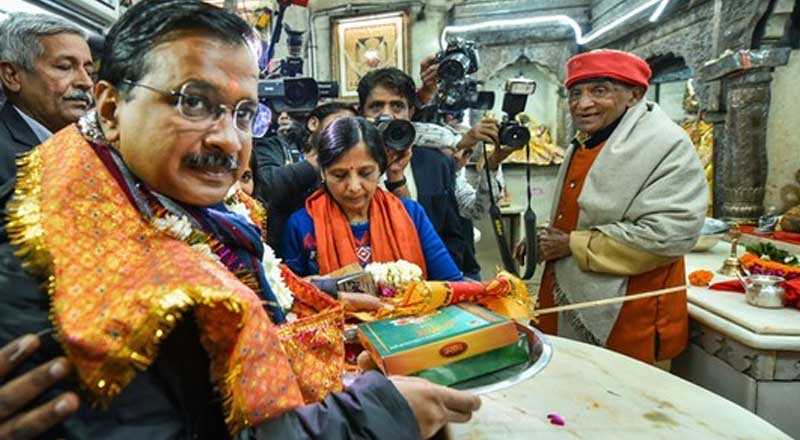- Kerala is the first state in the country to pass such a resolution in its assembly against the proposed law.
- Earlier, the Kerala assembly was also the first legislative body in India to pass a resolution against the Citizenship Amendment Act.
- Article 44 of the Constitution states that the State shall endeavour to secure a Uniform Civil Code throughout the territory of India.
- It further mentioned that Dr BR Ambedkar had advocated for UCC but never pressed for one.
- UCC is a common set of laws pertaining to marriage, inheritance, adoption, and other matters that are not based on religion
The Kerala assembly on Tuesday unanimously passed a resolution against the implementation of the Uniform Civil Code (UCC), claiming that the central government’s attempts to impose the law without consensus are aimed at erasing the secular character of the Indian Constitution.
The resolution, presented by chief minister Pinarayi Vijayan, was backed by all parties from the ruling Left Democratic Front (LDF) and the United Democratic Front (UDF). Though the Bharatiya Janata Party is in favour of UCC, it doesn’t have representation in the state assembly. Kerala is the first state in the country to pass such a resolution in its assembly against the proposed law.
Even though there is much talk around UCC, no draft of the proposed law has been presented so far. The expert panel formed by the Uttarakhand government last year has still not come forth with a draft before the state government even though chief minister Pushkar Singh Dhami had said in June that it would be done within a fortnight. The Law Commission of India had sought suggestions for the proposed law till July 28, and claims to have received over 3 lakh responses.
The Kerala assembly also urged the central government to refrain from taking blatant moves “until a consensus on issues affecting our people is arrived at through discussions with various religious groups”.
Making a strong case for the implementation of uniform civil laws across the country, Prime Minister Narendra Modi said that the country cannot be run with “two laws” when the Constitution espouses equality for all.
Article 44 of the Constitution states that the State shall endeavour to secure a Uniform Civil Code throughout the territory of India.
The resolution stated that the UCC refers only to the Directive Principles of the Constitution and its implementation is not mandatory.
“The Constitution refers to Uniform Civil Code only in its Directive Principles. It is pertinent to note that the Uniform Civil Code was limited to Directive Principles. Implementation of Directive Principles is not mandatory. The court may order to enforce Fundamental rights. But the Directive Principles of Article 44 of the Constitution cannot be enforced even by courts. It is essential to understand how much thought the founders of the Constitution had put in while arriving at such a decision,” it read.
It further mentioned that Dr BR Ambedkar had advocated for UCC but never pressed for one. Common Civil Law was restricted to the scope of the Directive Principle of State Policy due to this opposition,” the resolution read.
UCC is a common set of laws pertaining to marriage, inheritance, adoption, and other matters that are not based on religion.
Earlier, the Kerala assembly was also the first legislative body in India to pass a resolution against the Citizenship Amendment Act.
(With inputs from agencies)





